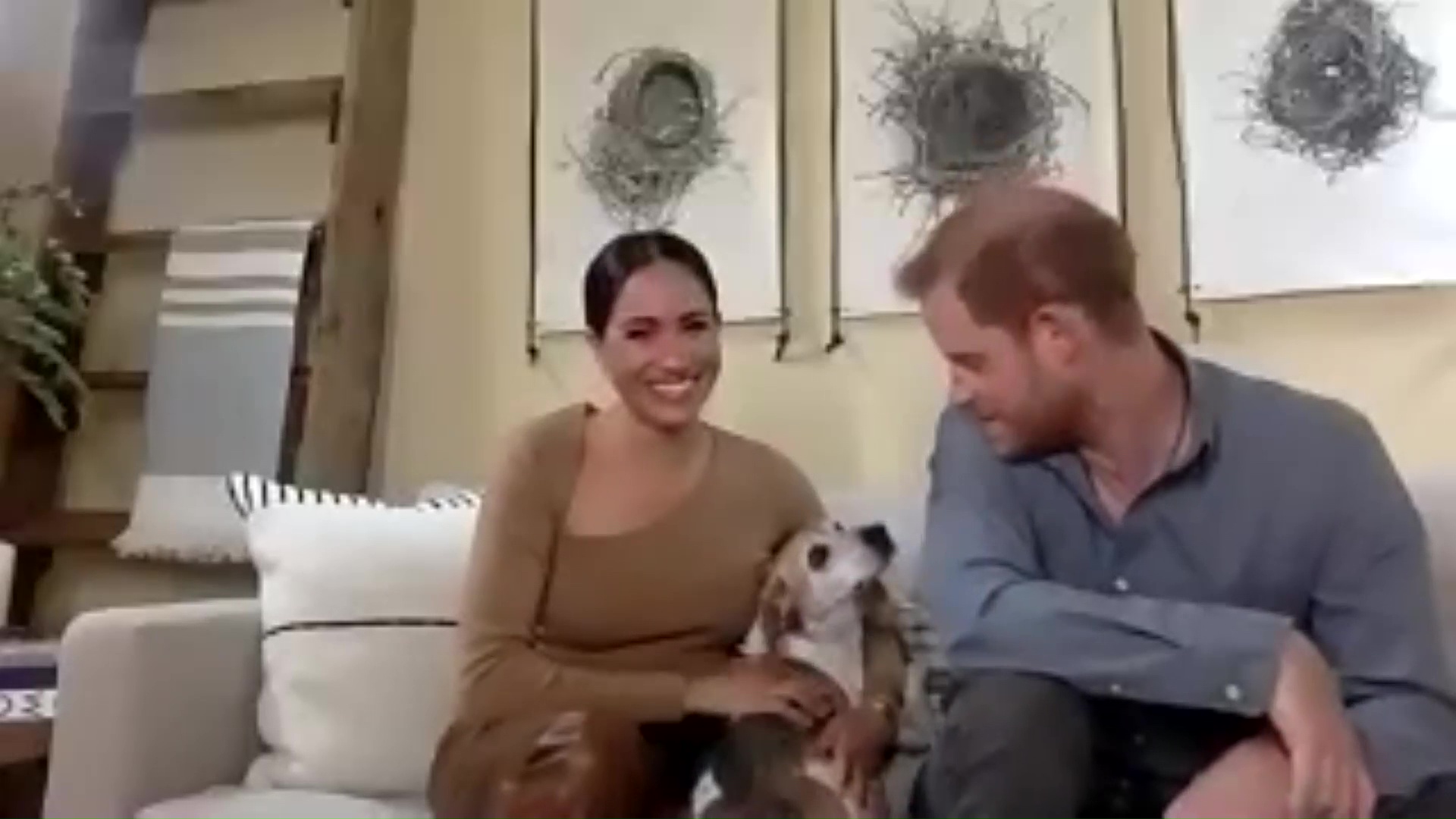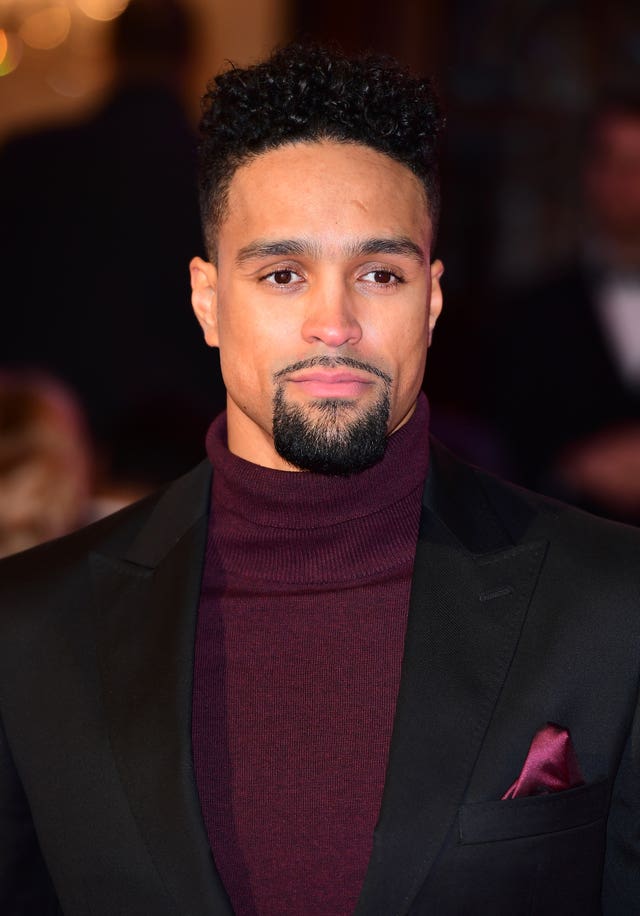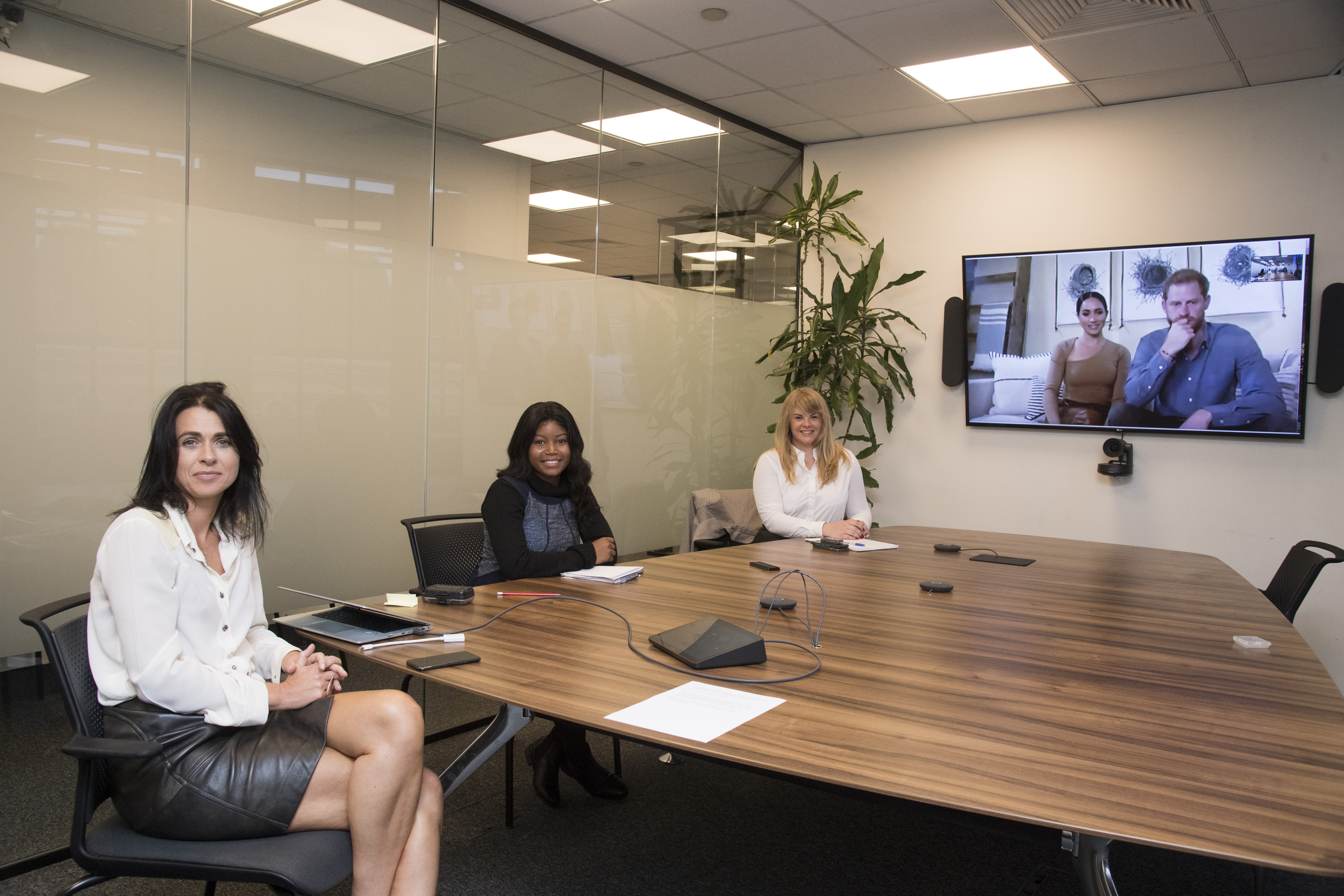The Duke of Sussex has spoken about his “awakening” to race issues and the problems faced by minority communities who live in a world “created by white people for white people”.
Harry said his comments were not about “pointing the finger, it is not about blame” but were “about learning” as he celebrated the start of Black History Month (BHM) in the UK with wife Meghan.
In an interview with the Evening Standard and accompanying article the couple set out in detail for the first time their views on racial equality and the Black Lives Matter (BLM) movement and revealed son Archie is a handful.
Harry and Meghan believe there is a lost generation of “people of colour” whose contribution to UK society will remain “untapped” as long as structural racism exists.

And the duke praised the “amazing display” by dance troupe Diversity during their controversial Britain’s Got Talent performance inspired by the BLM movement.
With Meghan sitting beside him, Harry said in the interview he had experienced an “awakening” after thinking he was aware of issues in the UK and globally.
He added: “You know, when you go in to a shop with your children and you only see white dolls, do you even think: ‘That’s weird, there is not a black doll there?’
“I use that as just one example of where we as white people don’t always have the awareness of what it must be like for someone else of a different-coloured skin, of a black skin, to be in the same situation as we are where the world that we know has been created by white people for white people.”
Harry went on to stress: “This isn’t about pointing the finger, this isn’t about blaming anybody.
“I will be the first person to say, again, this is about learning.
“And about how we can make it better.”

The duke appears to be on a journey moving from a troubled young man who went to a fancy dress party as a Nazi soldier from the Afrika Korps, complete with a swastika on his arm, and calling a fellow Sandhurst cadet “our little Paki friend” when training to be an Army officer to marrying a woman who became the first mixed race person to become a member of the British royal family in centuries.
In their article for the newspaper, the couple highlighted how society had progressed during the three decades since Black History Month was formally established in the UK, but said that inequalities remained.
Meghan and Harry wrote in their newspaper article: “For as long as structural racism exists, there will be generations of young people of colour who do not start their lives with the same equality of opportunity as their white peers.
“And for as long as that continues, untapped potential will never get to be realised.”

The couple went on to write: “For people of colour and specifically for young black Britons, the importance of representation in all parts of society, of seeing role models that share the same colour skin as them, and seeing and reading stories of success and of hope from those who look like them, is absolutely vital in opening doors of opportunity.”
In the interview, conducted from their Santa Barbara home in California, Harry revealed they had spoken to Diversity member Ashley Banjo soon after last month’s performance, which sparked around 24,500 complaints to broadcasting watchdog Ofcom.
Harry said: “I am sure even me talking about it will be controversial, but the reality of it is he and his team of guys put on the most amazing display.”
The routine saw a dancer playing a white police officer kneel on Banjo, echoing the killing of unarmed black man George Floyd in US, while others performed with police riot shields.
Meghan was asked about BLM in the UK and replied: “It’s a different movement.
“I think the impetus is from a place of recognising equality.
“And if you just go back to its ground level of that then I don’t think there’s anything controversial about it.”
In a lighter moment the duchess spoke about her their young son: “We are doing well. (Archie) is so good. We are very lucky with our little one.
“He is just so busy, he is all over the place.
“He keeps us on our toes. We are just so lucky.”
The duke and duchess joined forces with the Evening Standard to reveal their list of BHM next gen trailblazers – recognised for challenging prejudice and their positive contribution to British society.
The people were nominated by high-profile figures from the Black, Asian and minority ethnic community, including England and British Lions rugby star Maro Itoje and Vogue editor Edward Enninful.




Comments: Our rules
We want our comments to be a lively and valuable part of our community - a place where readers can debate and engage with the most important local issues. The ability to comment on our stories is a privilege, not a right, however, and that privilege may be withdrawn if it is abused or misused.
Please report any comments that break our rules.
Read the rules hereLast Updated:
Report this comment Cancel